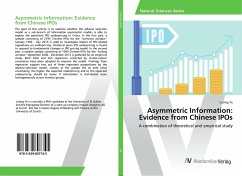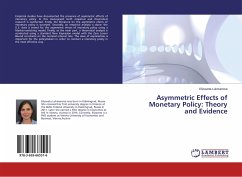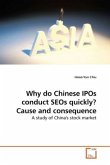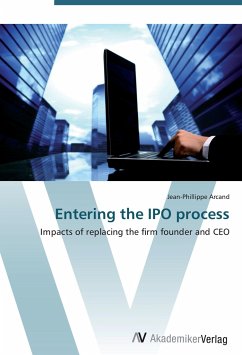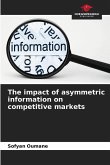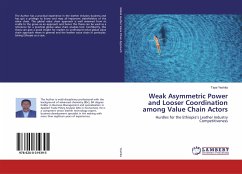The goal of this article is to examine whether the adverse selection model as a sub-branch of information asymmetric models is able to explain the persistent IPO underpricing in China. In the first part, a sample consisting of 2795 Chinese IPOs for the "overview window" January 1992 - July 2015 is used to investigate impact of IPO-related regulations on underpricing. Historical gross IPO underpricing is found to respond to fundamental changes in IPO pricing model. In the second part, a smaller sample consisting of 1093 Chinese IPOs for the "testing window" September 2006 - December 2013 is gathered for an empirical study. Both GLM and OLS regression corrected by cluster-robust covariance have been adopted to improve the model. Findings from regression support two out of three important propositions by the adverse-selection model, namely a) the greater the ex ante value uncertainty, the higher the expected underpricing and b) the expected underpricing should be lower if information is distributed more homogeneously across investor groups.
Bitte wählen Sie Ihr Anliegen aus.
Rechnungen
Retourenschein anfordern
Bestellstatus
Storno

